Existentialism Quiz : Existentialism is a modern philosophical and literary movement that focuses on the individual and their experience in a world that often seems meaningless or irrational. The term comes from the Latin word meaning “to stand out.” It teaches that humans must make their own choices and live with full responsibility, without depending on religion or society to define their path.
This philosophy developed in 19th and 20th century Europe with major thinkers like Søren Kierkegaard, Jean-Paul Sartre, and Albert Camus. Kierkegaard said people must live passionately and take responsibility for their life’s meaning. Sartre famously said, “existence precedes essence,” meaning we are not born with purpose — we create it through our actions. Camus, although not calling himself an existentialist, focused on the absurdity of life and how humans must still live with honesty and courage.
Many literary works reflect existential ideas. Vonnegut’s Slaughterhouse-Five shows a soldier trapped in time, questioning life’s meaning. Camus’s The Stranger features Meursault, who accepts the universe’s indifference. Kafka’s The Metamorphosis and The Trial show helpless characters facing absurd situations without any clear reason.
Shakespeare’s Hamlet is often called an early existential hero — he questions life, death, and his role in the universe. In Dostoevsky’s Notes from the Underground, the character challenges rational thinking and shows the irrational side of human nature. Tolstoy’s The Death of Ivan Ilych explores how people avoid the truth of death and live inauthentic lives.
Plays like Sartre’s No Exit and Beckett’s Waiting for Godot explore themes like choice, freedom, and the emptiness of waiting. Simone de Beauvoir and Charles Bukowski also express existential themes in their works.
Overall, existentialism encourages us to question life, embrace freedom, and live meaningfully even in the face of uncertainty.
Existentialism Quiz
Previous Quiz : Literary Movement – Realism Quiz : 15 MCQs
Discover more from Gyankundli
Subscribe to get the latest posts sent to your email.
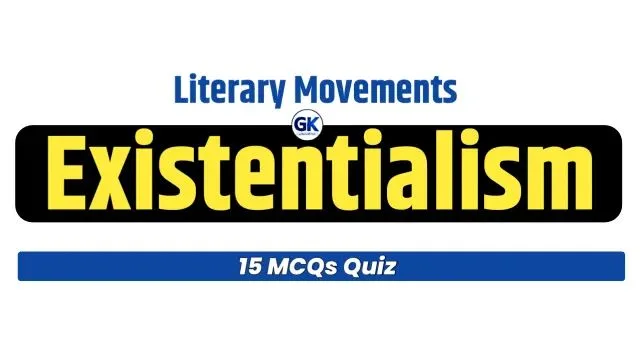
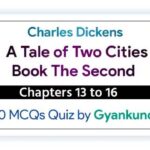
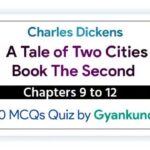




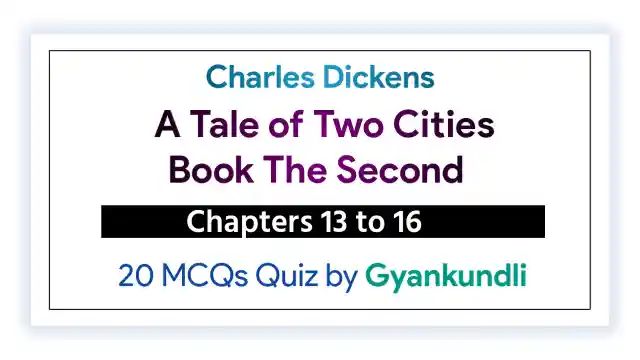
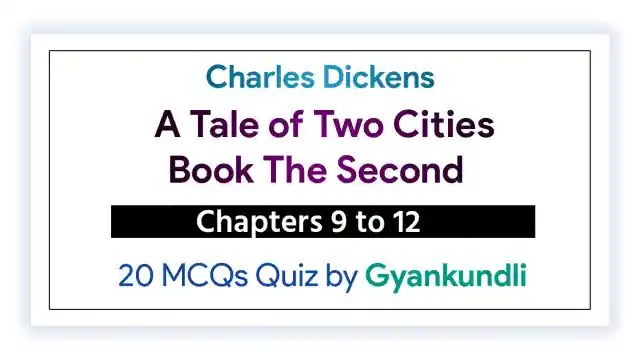
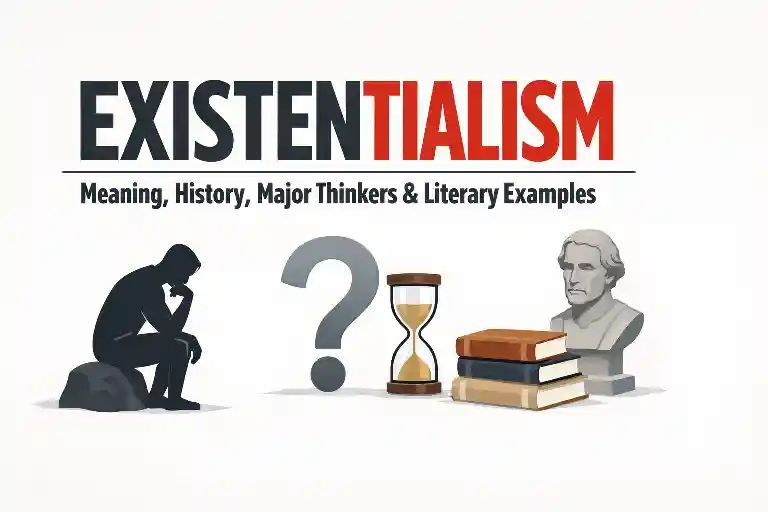


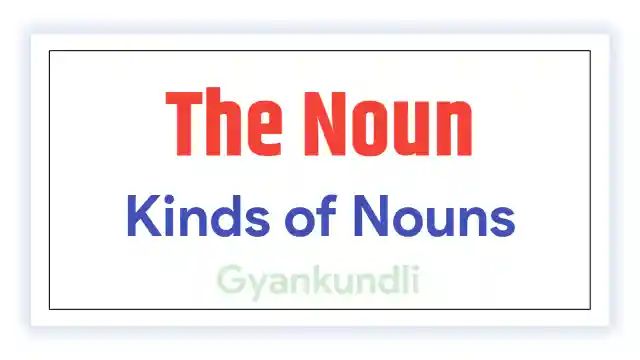

2 thoughts on “Literary Movement – Existentialism Quiz : 15 MCQs”